COMMENT: Hats off to Pumula residents
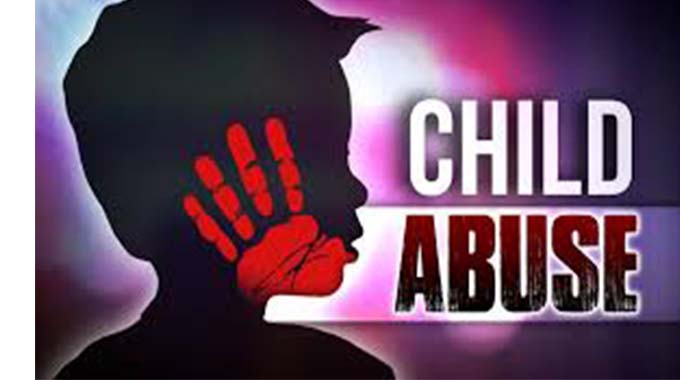
We would like to urge relevant authorities to investigate and get to the bottom of the case of a Pumula South woman accused of abusing her eight-year-old stepdaughter and denying her food despite the minor being on medication.
Allegations are that Ms Memory Nkomo frequently assaults the girl and forces her to do household chores before she goes to school.
Residents said Ms Nkomo physically abuses the girl in the full glare of neighbours. The woman married the victim’s father, Mr Miggie Sibanda in 2020 following the death of the girl’s mother in 2015.
We also commend the residents for doing the right thing and reporting the matter to the police so that the girl could be rescued from the abuse.
A resident, Mr Clive Moyo on Monday broke the silence when he posted on a residents’ WhatsApp group demanding action to be taken against the alleged abusive Ms Nkomo.
“When she assaults the girl, she does it in the open and the child will be screaming for help. It really pained me and I asked myself what if it were my child? So I decided to post it in the residents’ group so that action is taken to end the abuse,” he said.
Mr Moyo said the girl lost her mother when she was about a week old and her father is the one who was taking care of her until he married Ms Nkomo.
“The child is being denied food despite the fact that she is on medication,” he said.
Mr Moyo, who said the abuse has since been reported to the police, said the girl is fed on leftovers.
Bulawayo police spokesperson Inspector Abednico Ncube confirmed that they are investigating the matter following a tip-off from residents.
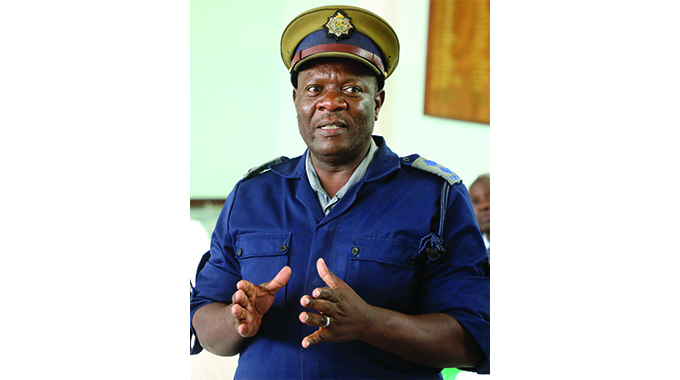
Inspector Abednico Ncube
In 2018, Childline Zimbabwe received 25 000 cases of child abuse. Sexual abuse cases accounted for 26 percent, physical abuse 20 percent, neglect 17 percent, emotional abuse 17 percent and other forms of abuse 20 percent.
According to the World Health Organisation, Child maltreatment has often severe short and long-term physical, sexual and mental health consequences.
“These include injuries, including head injuries and severe disability, in particular in young children; post-traumatic stress, anxiety, depression, and sexually transmitted infections (STIs) including HIV.
“Adolescent girls may face additional health issues, including gynaecological disorders and unwanted pregnancy,” said WHO.
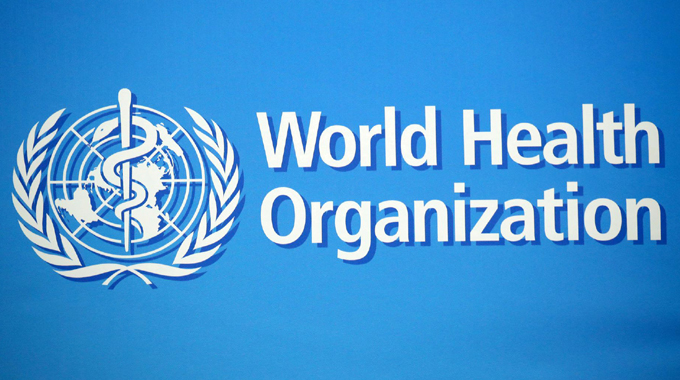
The organisation said child abuse can affect cognitive and academic performance and is strongly associated with alcohol and drug abuse and smoking — key risk factors for non-communicable diseases (NCDs) such as cardiovascular diseases and cancer.
“Maltreatment causes stress that is associated with the disruption in early brain development. Extreme stress can impair the development of the nervous and immune systems,” said WHO. “Consequently, as adults, maltreated children are at increased risk for behavioural, physical and mental health problems such as perpetrating or being a victim of violence, depression, smoking, obesity, high-risk sexual behaviours, unintended pregnancy and alcohol and drug misuse.”
WHO said violence against children is also a contributor to inequalities in education.
“Children who experienced any form of violence in childhood have a 13% greater likelihood of not graduating from school.

Professor Mavima
“Beyond the health, social and educational consequences of child maltreatment, there is an economic impact, including costs of hospitalisation, mental health treatment, child welfare, and longer-term health costs.”
Last year, Public Service, Labour and Social Welfare Minister, Professor Paul Mavima said his ministry had resolved to relocate the victims of child abuse from their homes to safe havens and places of safety as part of efforts to protect them from perpetrators.


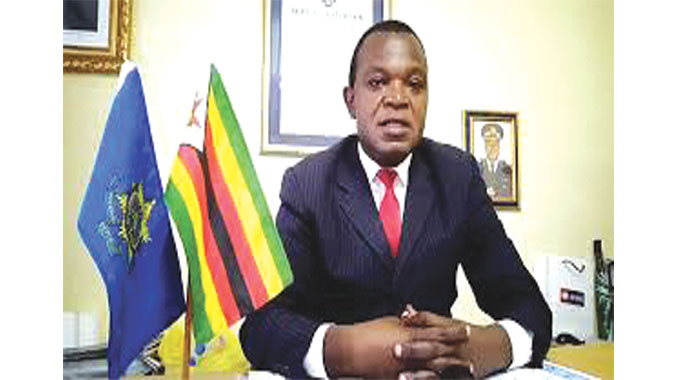

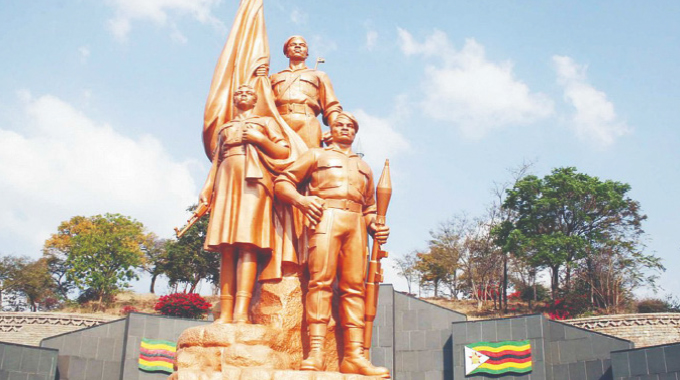
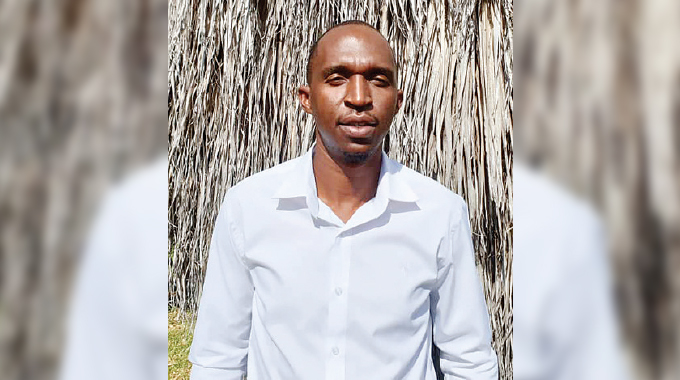






Comments